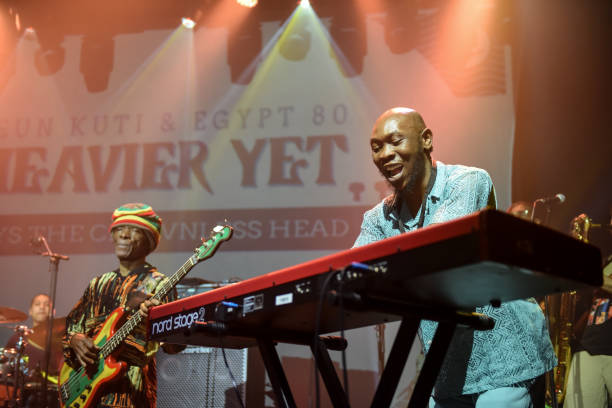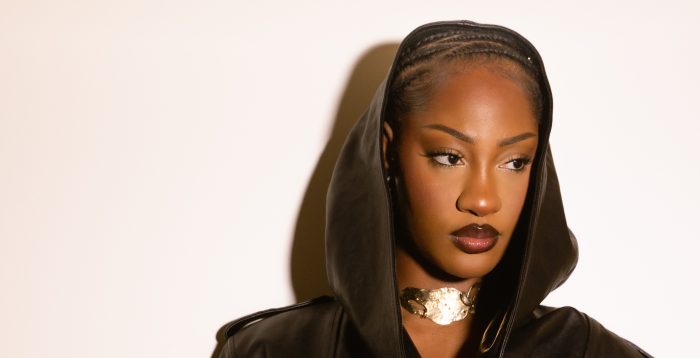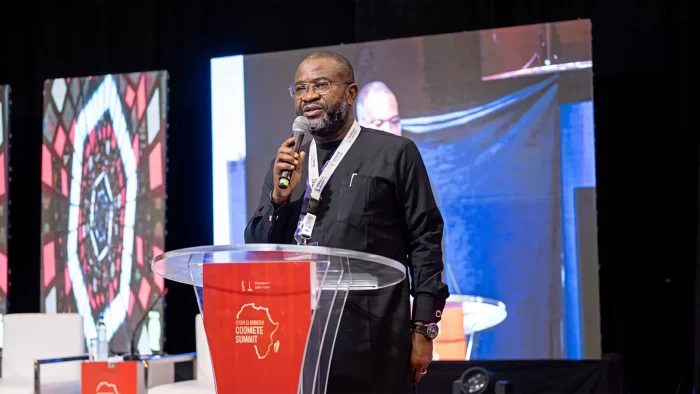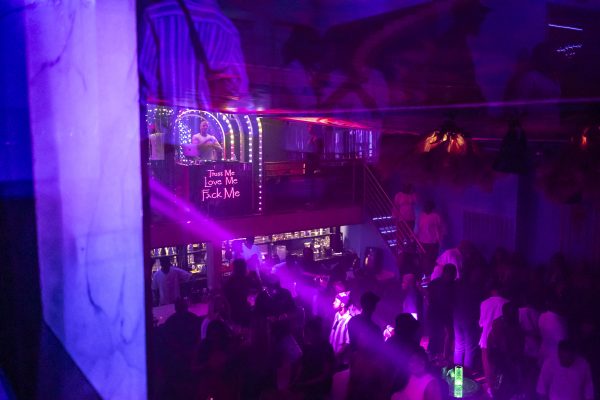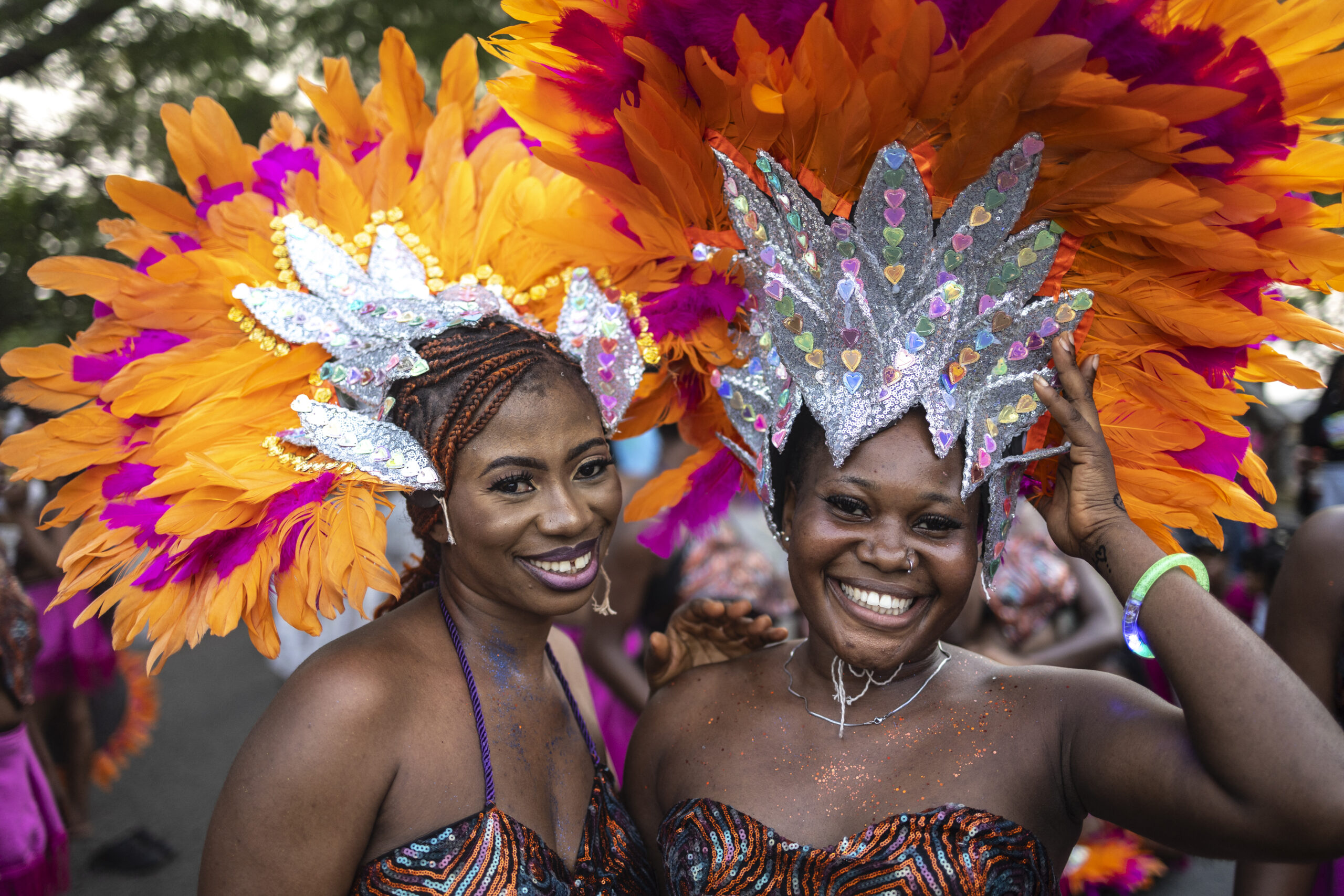
Amidst Nigeria’s economic struggles, Calabar’s streets come alive with nearly two million revellers in stunning attire, celebrating one of West Africa’s biggest street carnivals.
Revellers dressed in glitzy, colourful costumes danced down the streets of Calabar, southern Nigeria, last weekend as giant speakers blasted Afrobeats for one of West Africa’s most prestigious carnivals.
Every December, the celebration draws nearly two million partygoers to the capital of Cross River state, organisers said.
READ ALSO: PHOTOS: Glitzy and glamour of Calabar Carnival
Calabar carnival, known as “Africa’s Biggest Street Party”, is the high point of a month of festivities that began with the switching on of the lights on a 12-metre (40-foot) Christmas tree.
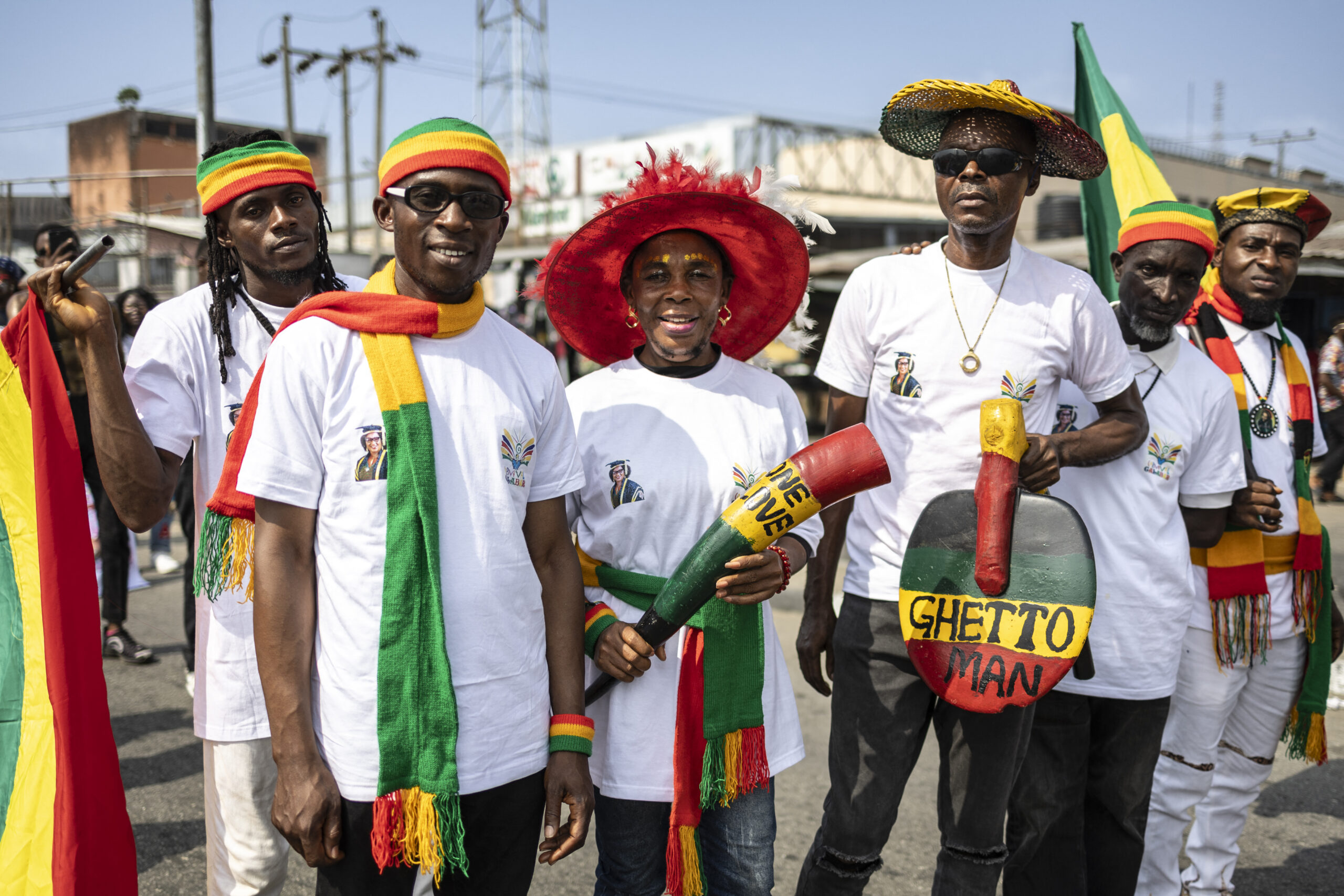
Now in its 20th year, the carnival attracts dancers and floats from Nigeria’s different ethnic communities, as well as performers from abroad.
“We are really enjoying ourselves here,” Grace Job, a first-time attendee, told AFP. “The energy is so much. We are seeing different designs, different costumes.”
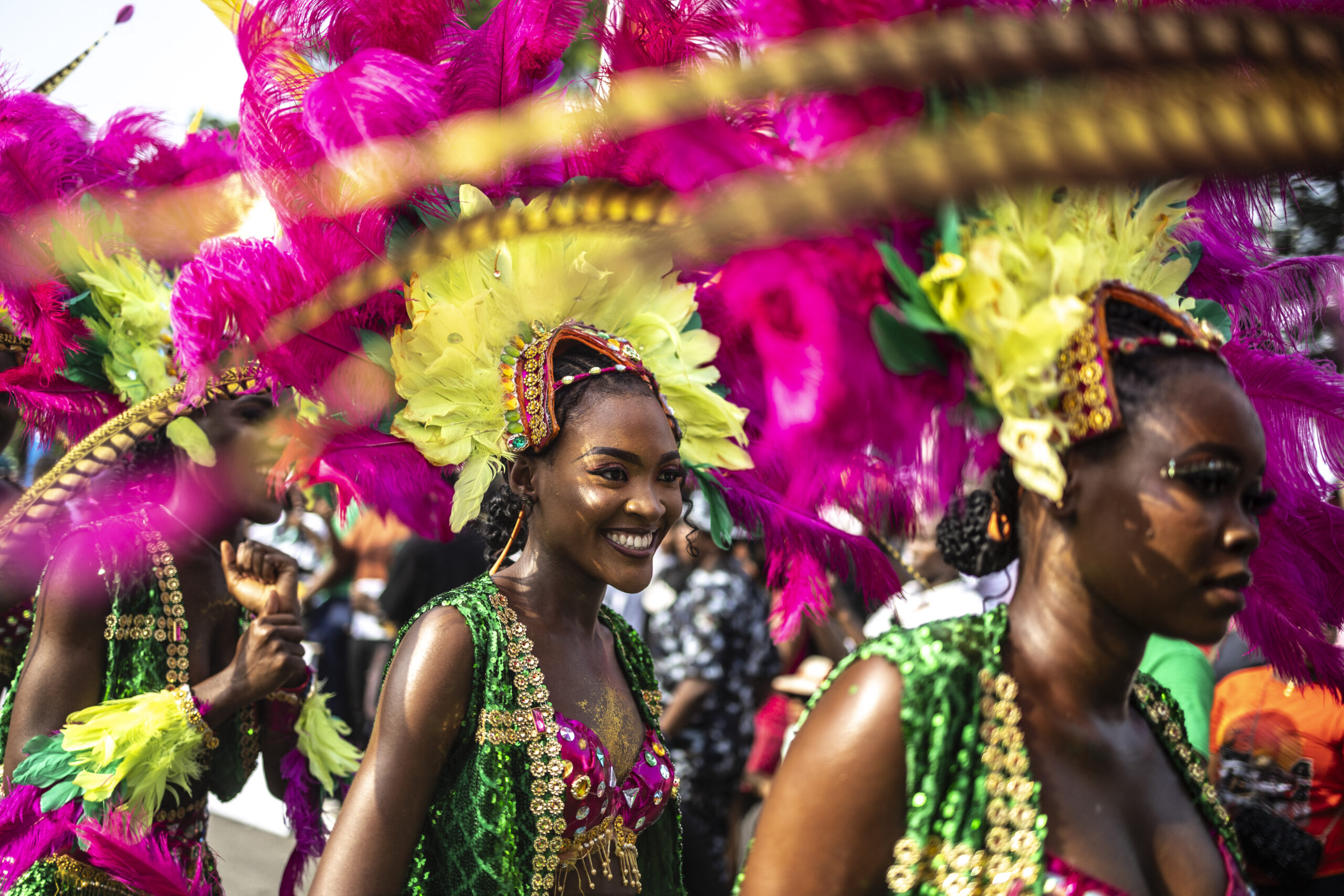
Elemi Rejoice, a 25-year-old carnival dancer studying civil engineering at the University of Cross River, agreed. “Everyone is trying to showcase the tradition and the culture,” she explained.
Barbara Fruitful, another young carnival dancer studying psychology at the same university, said the carnival gave her the “chance to meet a lot of people, tourists”.
“I get the chance to also have fun… and chill with my friends and we have the time of our life.”
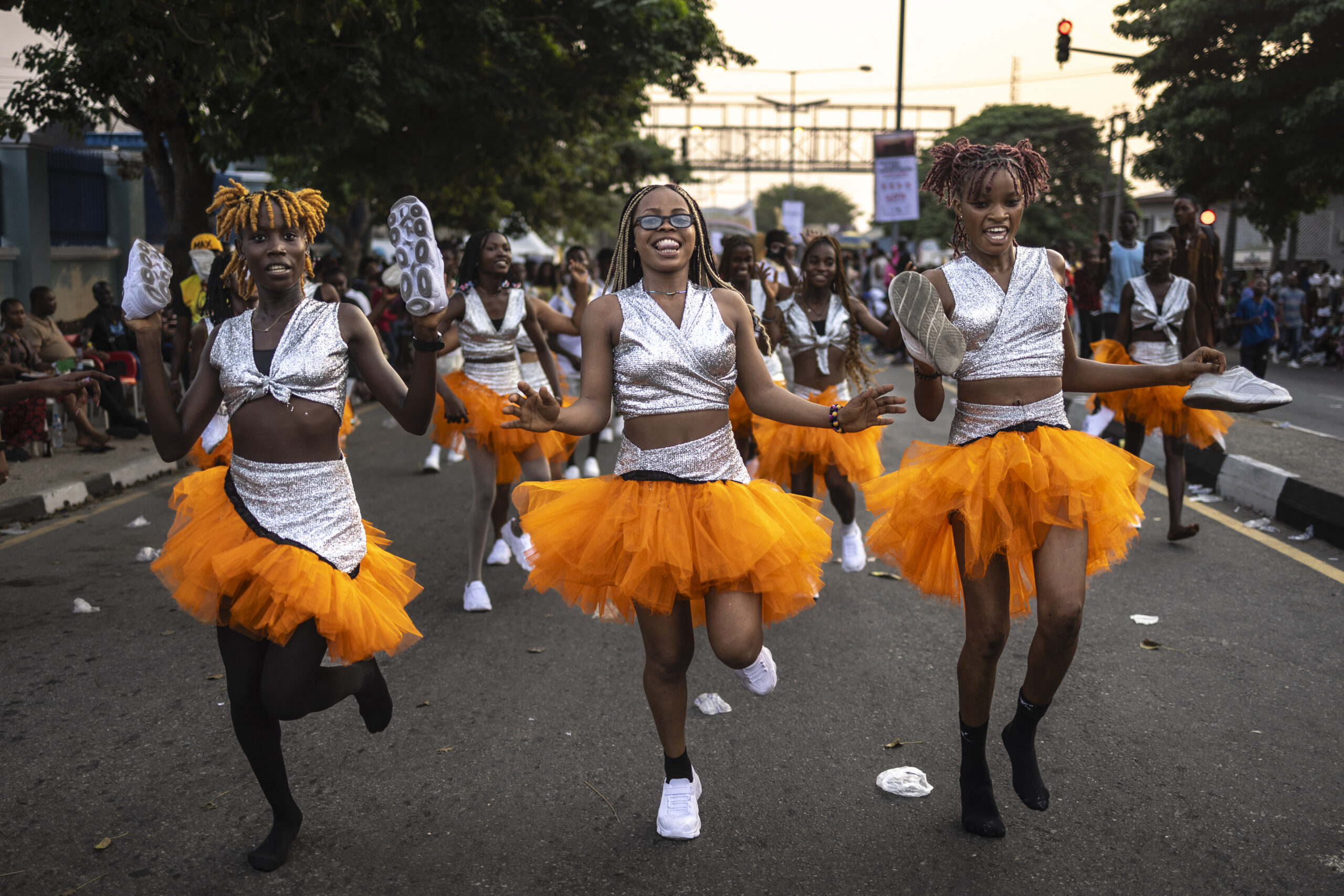
The year had been tough for many Nigerians.
President Bola Tinubu’s reforms have sparked one of the worst cost-of-living crises the West African country has seen in decades.
But ‘Detty December’—local slang that loosely means end-of-year merrymaking—spreads Christmas cheer in the Christian-majority south, providing something of a reprieve from harsh economic realities.
The Calabar carnival, first held in 2004, is its highlight. At least 14 bands took part in performances and competitions this year.
Cross River governor Bassey Otu said the state had nurtured and expanded the carnival over the years. It hopes in future to add a band representing Nigerians from the diaspora, who attend in increasing numbers, and attract more tourists.
The central government is already building a 700-kilometre (435-mile) coast road that will cut travel time from the commercial hub of Lagos to Calabar. That could open up the festival to more out-of-state participants.
“Hopefully, we will be able to beat the Brazil carnival in the years to come because we are exhibiting our talent perfectly,” Rejoice told AFP.


